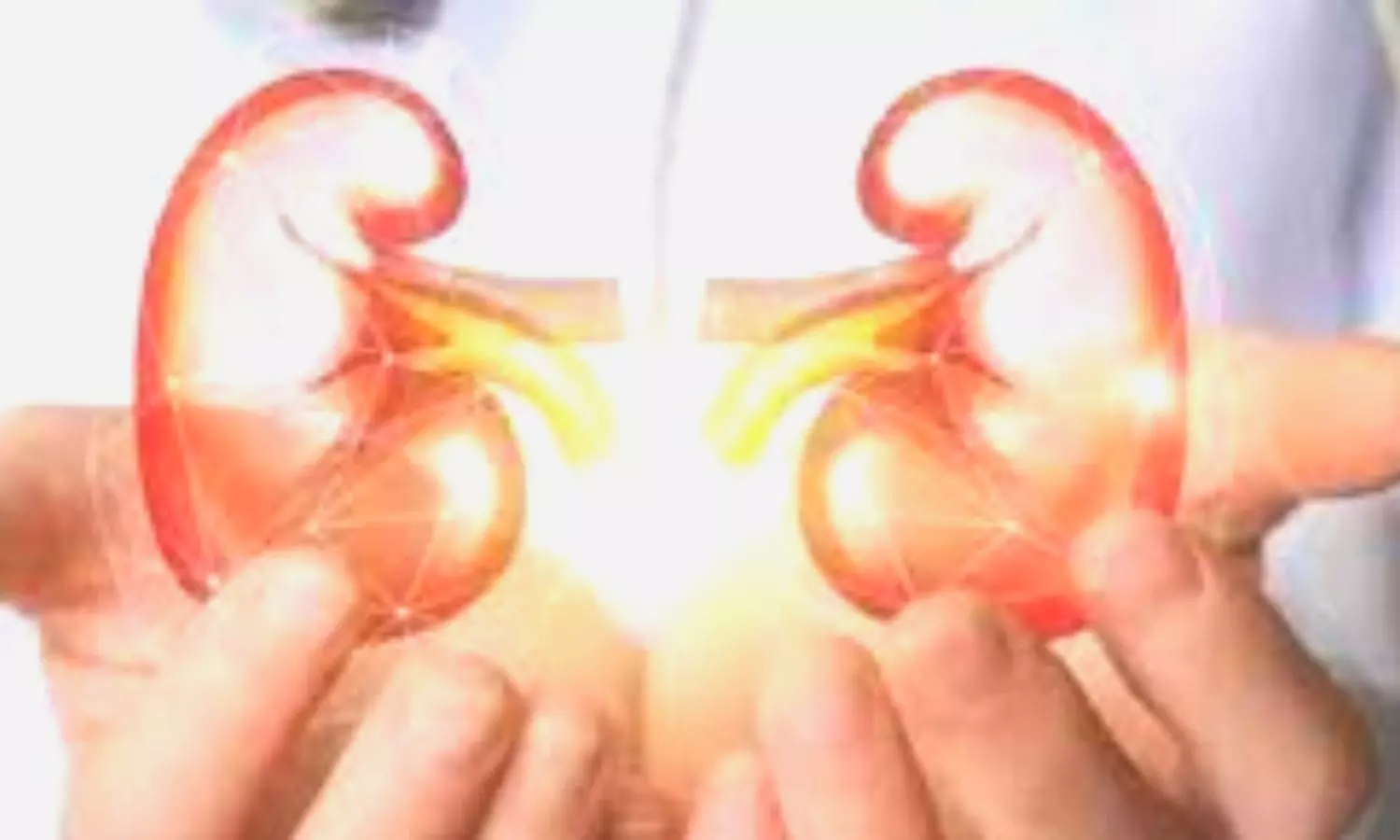Incident Heart Failure Increases Risk of End-Stage Kidney Disease in Type 2 Diabetes Patients: Study finds

Singapore: A recent study has uncovered concerning implications for individuals with type 2 diabetes who develop incident heart failure, revealing an elevated risk of progressing to end-stage kidney disease (ESKD). Type 2 diabetes is already known to increase the likelihood of cardiovascular complications, including heart failure, which affects the heart’s ability to pump blood effectively.
In a recent Singaporean study, heart failure (HF) markedly raised severe ESKD risk in type 2 diabetes (T2D) patients, peaking at onset. The findings, published in Cardiovascular Diabetology, highlight the need for intensive surveillance of kidney function after incident heart failure, especially within the first two years after HF diagnosis.
“Younger patients with higher UACR & HbA1c faced increased risks. Individuals with HFpEF showed a higher ESKD risk versus HFrEF (aHR 13.7 vs. 6.5). Final analyses showed a 9.6-fold ESKD risk increase post-HF, stressing urgent renal monitoring, particularly within 2yrs post-diagnosis,” the researchers reported.
Type 2 diabetes remains a prevalent health concern globally, affecting millions with its complex web of metabolic challenges. Among its numerous complications, cardiovascular disease and kidney dysfunction stand out as primary contributors to morbidity and mortality.
Diabetic kidney disease is an established risk factor for HF. However, there is no systematic assessment of the impact of incident heart failure on the subsequent renal failure risk in the diabetic population. Sylvia Liu, Clinical Research Unit, Khoo Teck Puat Hospital, Singapore, and colleagues sought to study the risk of progression to ESKD after incident heart failure in Asian patients with T2D.
For this purpose, the researchers conducted a prospective cohort study comprising 985 outpatients with type 2 diabetes from a regional hospital and a primary care facility in Singapore; they were followed for a median of 8.6 years. ESKD was defined as a composite of progression to sustained eGFR below 15 ml/min/1.73m2, maintenance dialysis, or renal death, whichever occurred first.
The key findings of the study were as follows:
· 180 incident heart failure events and 181 incident ESKD events were identified during follow-up.
· Of 181 ESKD events, 21% occurred after incident heart failure.
· Compared to those did not progress to ESKD after incident heart failure (n = 142), participants who progressed to ESKD after heart failure occurrence were younger and had higher HbA1c and higher urine albumin-to-creatinine ratio at baseline.
· The excess risk of ESKD manifested immediately after heart failure occurrence, persisted for two years, and was moderated thereafter.
· Cox regression suggested that, compared to counterparts with no heart failure event, participants with heart failure occurrence had a 9.6-fold increased risk for incident ESKD after adjustment for baseline cardio-renal risk factors, including eGFR and albuminuria.
· Heart failure with preserved ejection fraction had a higher risk for ESKD than those with reduced ejection fraction (adjusted HR 13.7 versus 6.5).
In conclusion, incident heart failure impinged a high risk for progression to ESKD in T2D patients. Intensive surveillance of kidney function is warranted after heart failure diagnosis, especially in the first two years after HF occurrence.
Reference:
Liu, S., Liu, JJ., Ang, K. et al. Incident heart failure and the subsequent risk of progression to end stage kidney disease in individuals with type 2 diabetes. Cardiovasc Diabetol 23, 204 (2024). https://doi.org/10.1186/s12933-024-02279-y



